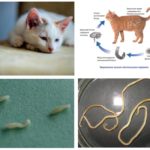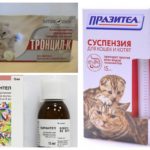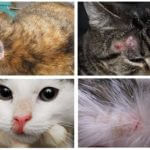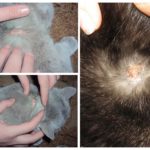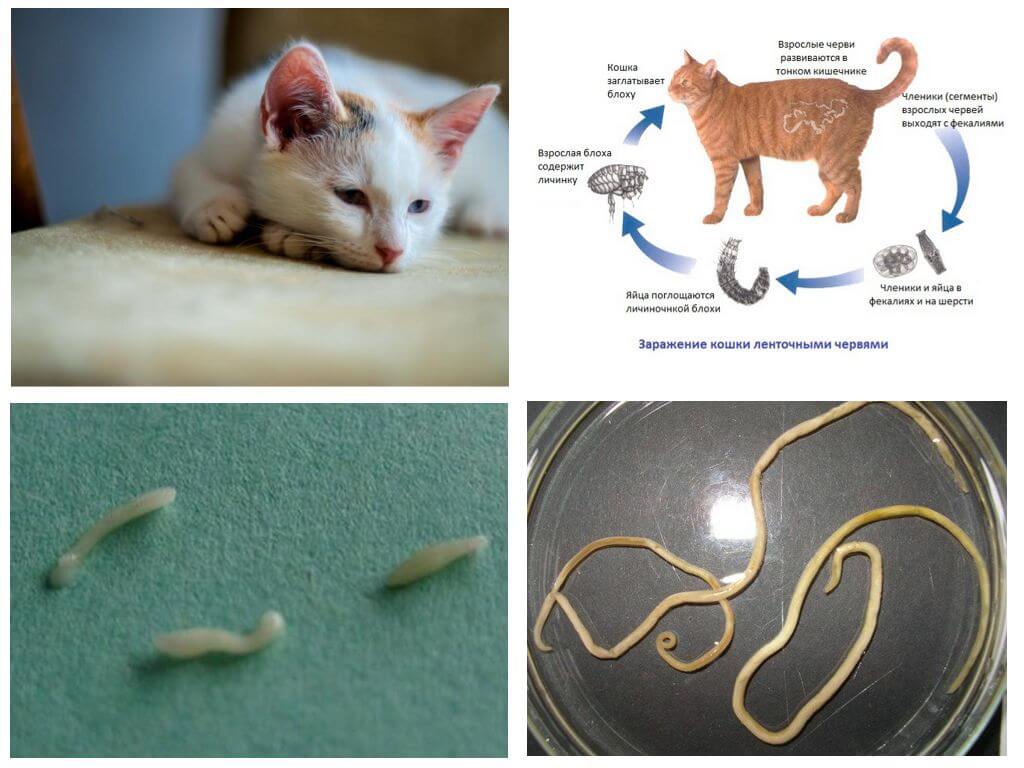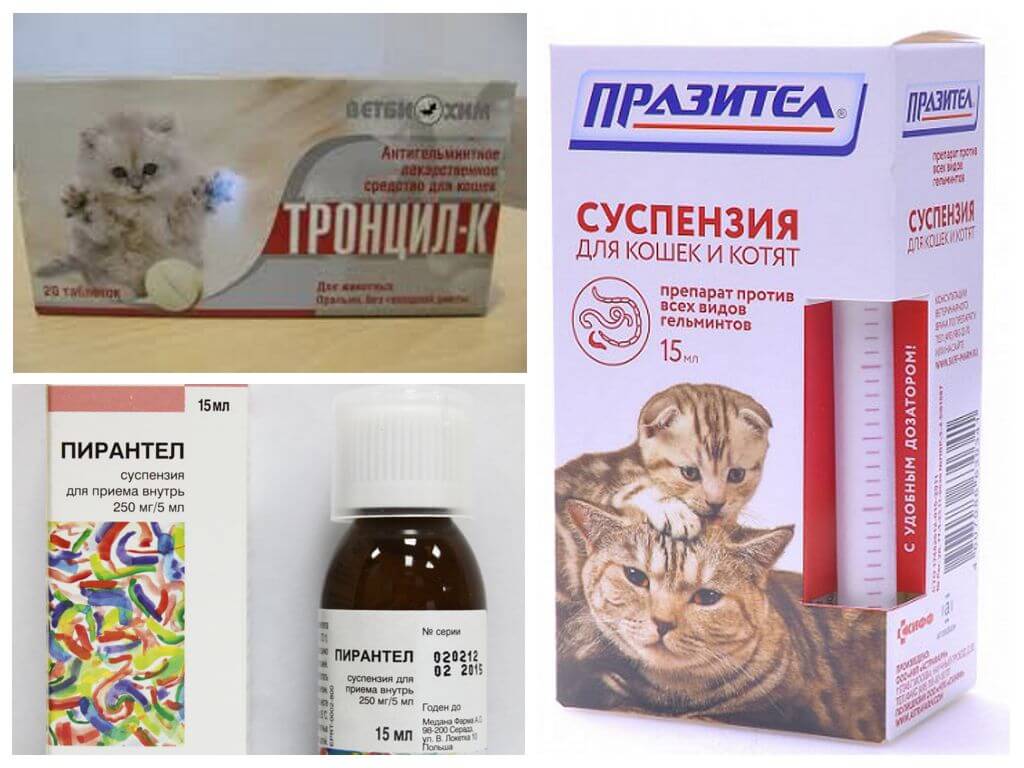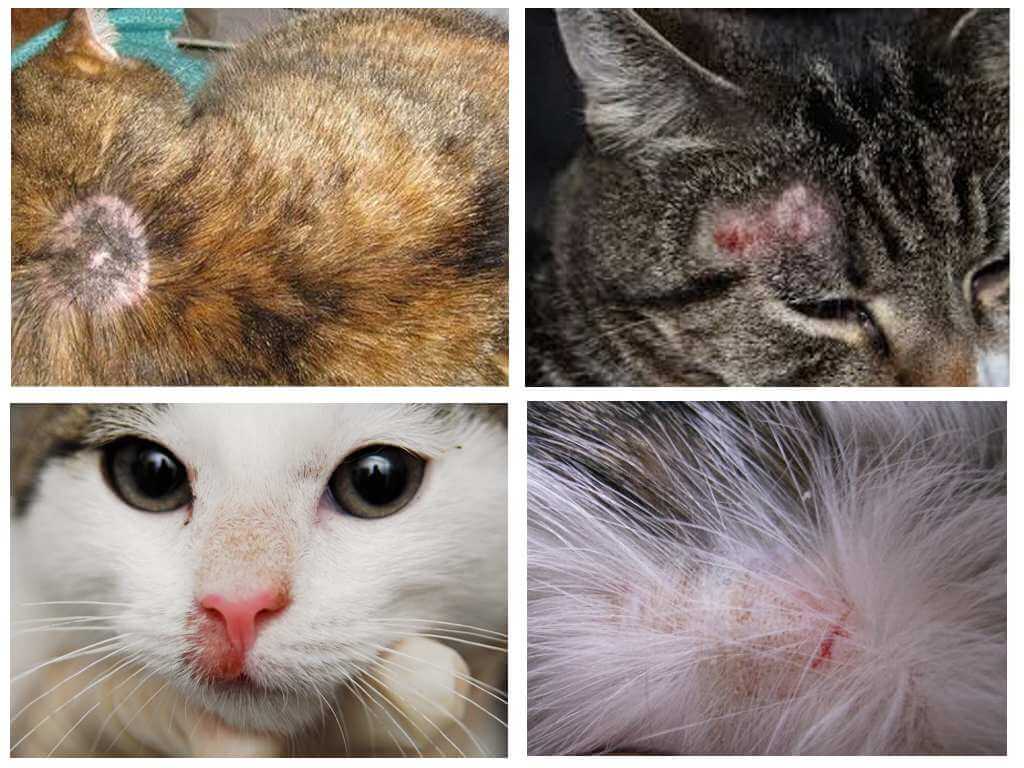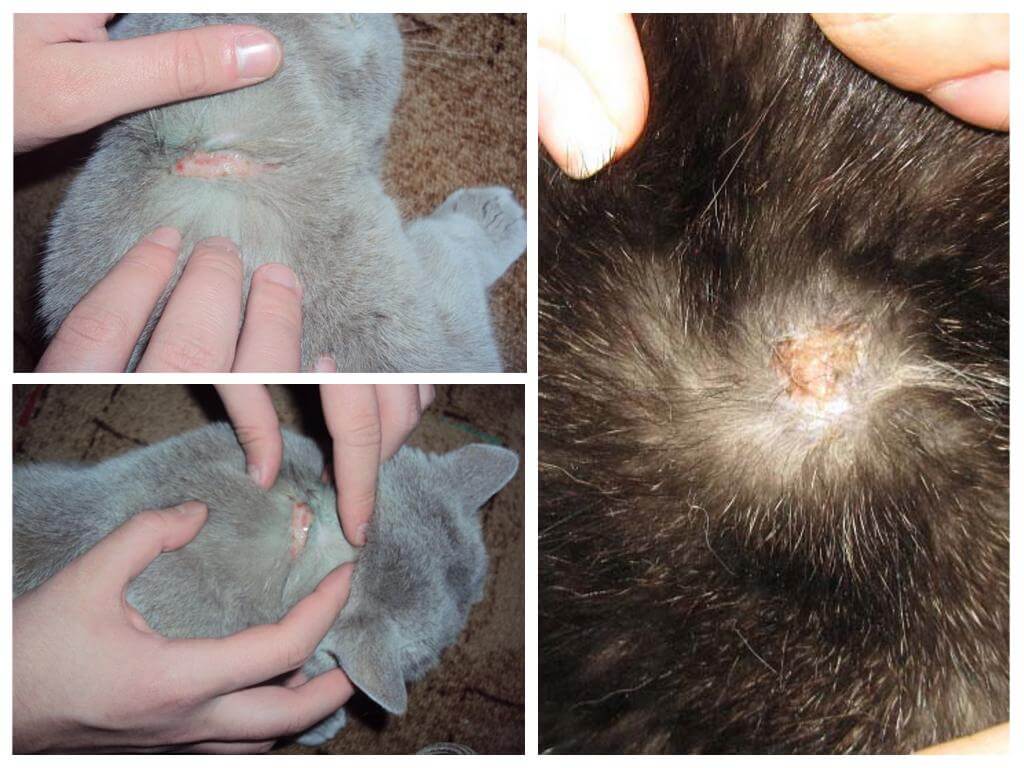Why does a cat itch if there are no fleas
Content
- Helminths in cats
- Helminth Drugs
- Deprive cats
- Yuglon
- Allergic to flea drops
Sometimes the cat itches to sores on the neck, but there are no fleas - it can be caused by various diseases. The best way out is to visit a veterinary clinic where the cat will be given professional help. Indeed, as a result of intensive licking and scratching, the skin surface is injured and pathogens can penetrate the animal’s body through this “gate”causing secondary infection.
Possible causes of itching
A cat itches a lot if it is plagued by fleas. Even when they are not visible, and the owner is fully confident that all insects are bred, it should be remembered that the reaction to flea bites lasts up to 1-1.5 months. It is necessary to carefully check the pet on presence of fleas.
The reasons causing severe itching in your pet can be:
- helminthiasis;
- lichen;
- fungal and bacterial skin infections;
- endocrine diseases;
- hormonal imbalance;
- stress;
- blood-sucking insects and lice;
- allergic reaction to food, care products, cosmetics.
Interesting!
The device of the cat's brain is much closer to the human than the dog. In a cat, the same parts of the brain as in humans are responsible for emotions; therefore, the stress is caused by the same reasons - humiliation, psychological pressure, undeserved punishment. And stress manifests itself very similarly, including - skin reactions.
Consider the reasons why a cat itches if there are no fleas and methods of treatment.
Helminth itching
Helminths do not only have a pathological effect on cat digestion.Worms lead to the loss of essential nutrients by absorbing micronutrients from the intestines. As a result of a lack of nutrition, the pet's skin becomes dry, dandruff appears, and the cat licks itself more often and more intensely, trying to get rid of the itch.
Intoxication of the body of an animal with waste products and toxins produced by worms provokes an allergic reaction, skin rashes, itching. Even a tiny kitten can suffer from helminthiasis, being infected with parasites from an adult cat. Therefore, if the kitten itches, you need to check its feces for the presence of worms eggs. The area around the anus may also itch when the helminths crawl to lay eggs. The cat then behaves characteristically - “rides” on the carpets of the booty, removing the itch.
Interesting!
In the body of cats parasitize 3 types of worms:
- roundworms;
- tape helminths;
- flukes.
Some species are transmitted through flea bites man The presence of worms in kittens leads to stunted growth and development, and in pregnant cats worm infestation can cause miscarriage. If there are individuals in the body, the disease may be asymptomatic.Fleas transmit helminthiasis and other pets, so you need to treat all the inhabitants of the house.
If itch worms, it is necessary to de-worming the animal. To this end, for the purpose of a veterinarian, the animal is given Prazitel, Pirantel, Trontsil K, Kanikvantel, Profender, Polyvercan (sugar cubes), Panacur, Febtal, Dirofen, Milbemaks, Drontal. But first you should be examined and establish the type of parasite, since the broad-spectrum drugs are much more toxic than those that act selectively.
Deprive and other types of mycoses of the skin
The reason why the cat itches, but there are no fleas, can be various fungal skin lesions. Dermatomycoses are frequent and diverse pathologies in cats. They are caused by mold, yeast. In weakened animals and kittens, progressive mycosis can lead to death.
Dermatomycosis in cats is a poorly understood group of diseases. The most famous is trichophytosis or ringworm:
- with the disease, areas with loose hair are formed;
- pathology is accompanied by the formation of abundant dandruff and severe itching, in which the cat combs the lesion before the appearance of sores;
- many types of mycosis are transmitted through the bites of blood-sucking insects.
A sick pet can infect its owner. In particular danger are young children who, because of insufficiently formed immunity, do not have protection against fungi.
All types of cats are susceptible to skin fungal diseases. But veterinarians have noted that Persians are particularly susceptible to fungal infections.
At occurrence of scratching, foci of hair loss, especially clearly limited, it is necessary to consult a doctor, since only with the help of microscopy it is possible to determine the type of pathogenic fungi and determine what to treat.
Mycoses therapy involves preparations of a group of griseofulvinov, vaccination and the use of external antifungal agents. Treat itching using symptomatic external agents. Itchy cat, while there is an annoying factor - it will disappear and the pet will not itch.
Skin infections
An itch in an animal can be caused by an infection that has penetrated the skin through scratches, small wounds, flea bites. Local inflammation causes the cat to itch violently, but bacterial infections are well treated. Veterinarians are advised to use externally sulfuric ointment or Yuglon powder.These drugs work equally well with ringworms and bacterial infections. Systemic treatment may require antibiotics, but these drugs should be given to a pet only as directed by a doctor.
Interesting!
The Yuglon powder, dissolved in an oil base, was rubbed into the skin with a ringworm behind the cat's ear. A few days later, the focus decreased, and after a week of use it disappeared completely. Yuglon is a black walnut extract that is used in America to treat parasitic diseases. The drug has a bactericidal, sedative, antifungal, antiprotozoal and immunomodulatory effects. According to experts, the tool copes with skin problems in animals. We have recently begun to treat dermatosis with the help of this medication and it is difficult to find the drug on the market.
Infectious skin lesions in cats are secondary and not transmitted to humans. Most often, people are a source of infection for cats.
Infection with exogenous insects
A cat may also scratch itself in the absence of fleas, except for them on the pet other arthropods can parasitize.External parasites cause various diseases in cats, the most dangerous of which are:
- damage to the ear with ear mites;
- sarcoptosis, which is localized on different parts of the body;
- notoedrosis, which is most often manifested by a lesion of the muzzle area.
The treatment of ticks, lice, fleas implies the use of special means –drops, sprays, shampoos. They help not only to remove fleas and other parasites, but also to relieve itching.
Allergic reactions
Allergies in cats can be caused by various factors:
- feed;
- anti-flea collar;
- flea remedies;
- medications;
- plant pollen, dust, etc.
Only a veterinarian is able to determine the allergenic factor and prescribe treatment. Often precisely flea collars cause contact dermatitis, causing hair loss, itching, scratching the neck. The owner needs to carefully monitor how the animal reacts to changes in the diet or the use of new products for the care of pet hair and skin.
Scorching cat may be due to systemic pathologies. With endocrine diseases, the cat begins to scratch the neck, ears, back.The cat's spine is very flexible, so the pet begins to comb hard-to-reach areas, which leads to sores. In time untreated allergies can lead to angioedema and death of the animal.
The reasons why the cat begins to itch - a lot. When a cat scratches occasionally - this is normal for cats, but when an animal scratches and licks a certain place before wounds and sores are formed, you should immediately contact a veterinarian to avoid serious consequences for the pet's health.

